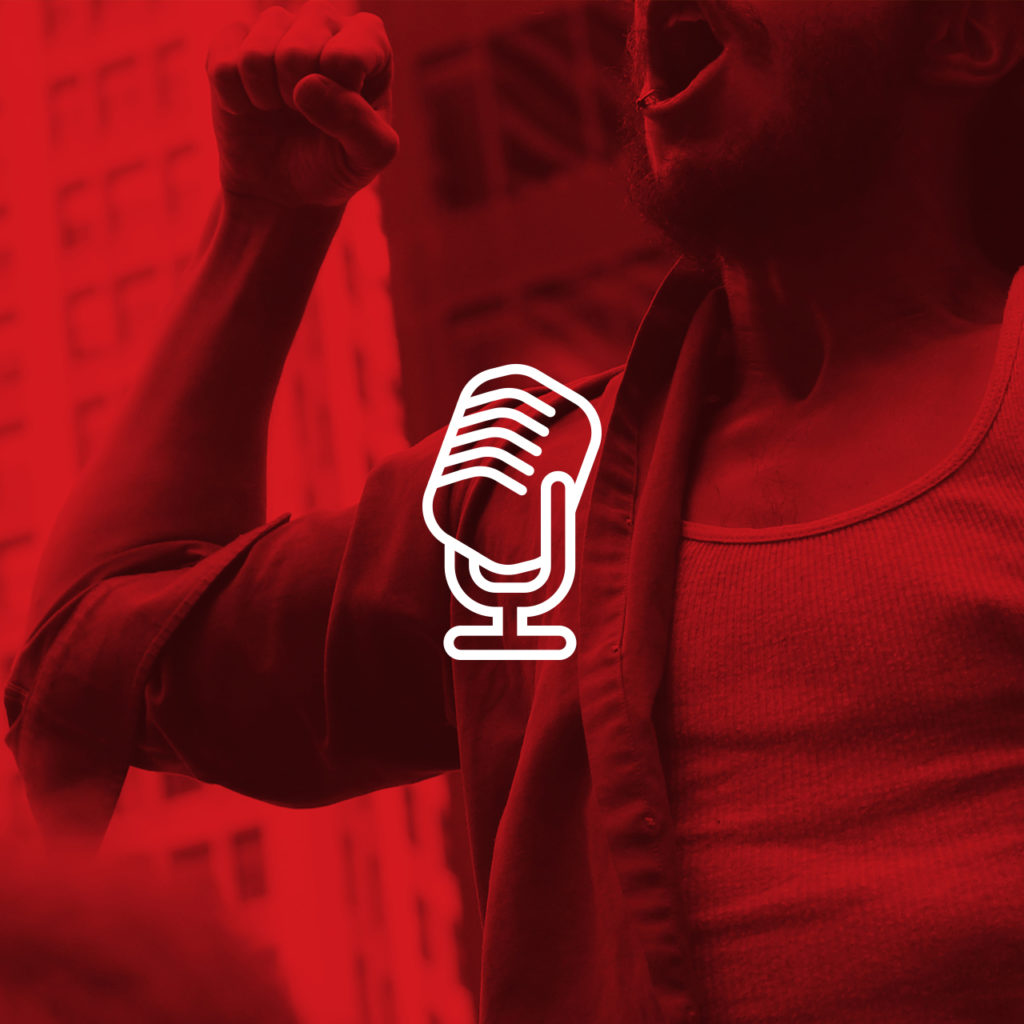
In a worrying move against freedom of expression on the internet, Ecuador’s president Rafael Correa publicly shamed critics for their statements on social networks and asked his supporters to attack them online. In response, digital rights organizations worldwide, including Access, issued this statement condemning the president’s disturbing reaction.
On January 17, president Rafael Correa used his command of the airwaves and his weekly TV and radio show Enlace Ciudadano to denounce a Facebook page that criticized his government. He asserted that the website Crudo Ecuador, which specializes in political memes, is a systematic effort to hurt his public image and degrade his government. He also explained that Crudo Ecuador and its administrators would be investigated and that his followers should take immediate action to counter critical comments with positive speech.
“For every tweet against us, our supporters will answer with ten thousand,” Correa said in his TV show, after shaming three twitter users by showing their profile pictures, full names, ages, and region of origin.
This is not the first time the ruling party in Ecuador has had problems with critics. Since 2012, Correa has pursued libel actions against the main opposition newspaper “El Universo”, and in late 2014 a ruling party congressman sued cartoonist Javier Bonilla over a satirical image.
Satire is a form of free expression
Freedom of expression is a human right recognized in several international agreements to which Ecuador is a signatory, like the Universal Declaration of Human Rights (article 19) and the American Convention on Human Rights (article 13). The Inter-american Court of Human Rights, the enforcement organism of the American Convention, ruled that “in a democratic society, public officials are more exposed to public criticism and scrutiny… Their activities transcend their own private lives and turn into public debate issues. This standard is not defined by the individual’s subjective qualities but considers the public interest that his/her activities arise.” (Herrera Ulloa, July 2004.)
Memes and other forms of mockery are a legitimate form of speech and have been historically useful to raise public awareness and to scrutinize the behavior of public officials. The website Crudo Ecuador’s photomontages and satirical depictions of president Correa constitute a form of speech that should be shielded from government reprisal or public shaming. Correa’s actions can generate a chilling effect on anyone else trying to express their political opinions.
Digital rights activists speak out
As a consequence of the situation in Ecuador, digital rights organizations from Latin America and other parts of the world issued a statement condemning president Correa’s actions and calling for more freedom of expression for internet users in Ecuador.
You can find and share the full statement and the list of signatory organizations here.
photo credit: Paul Stein
